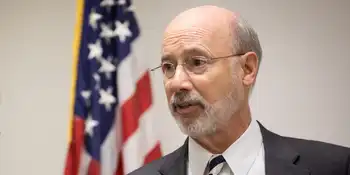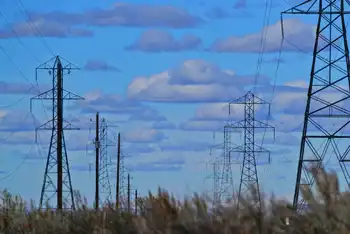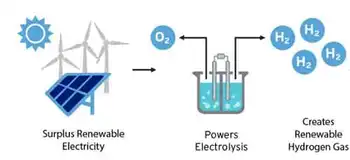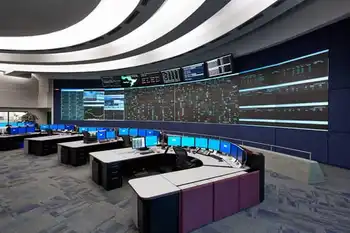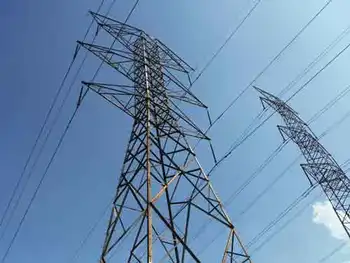Oilsands opts out of carbon capture
By Edmonton Journal
Protective Relay Training - Basic
Our customized live online or in‑person group training can be delivered to your staff at your location.

- Live Online
- 12 hours Instructor-led
- Group Training Available
From an original pool of 20 firms selected by the province to advance in the process last November, eight companies have now chosen not to submit further plans on carbon capture and storage projects — including oilsands heavyweights Suncor Energy, Syncrude Canada Ltd., ConocoPhillips Canada and StatoilHydro Canada.
The companies cited high costs and their belief the money can be better used for capturing greenhouse gases from coal-fired electricity plants, a larger and more concentrated source of emissions.
Petro-Canada's Peter Symons said his company withdrew from the competition because low gas prices put the building of an upgrader at its Fort Hills site on hold. The carbon capture and storage facility detailed in the company's original application would have been attached to the upgrader.
Syncrude said it's focused instead on reducing energy use and sulphur emissions, as well as reclamation projects.
Carbon capture and storage "is not a slam dunk," said Bob Skinner of StatoilHydro Canada. However, Skinner expressed support for the Alberta government's spending plans, even if his company's project wasn't financially viable.
He said he's concerned critics will jump on the fact there's a lack of representation from the oilsands industry in this round, and will say "the Alberta government held a party and nobody came."
Carbon capture and storage is a promising but still early-stage technology that's expensive and consumes huge amounts of energy.
The basic concept involves collecting greenhouse gas emissions from a source such as a power plant, then following that with transport and injection into an underground geological formation, burying the emissions.
Although each of the three to five projects eventually selected this June will qualify for hundreds of millions in government funding, companies will be expected to pay a percentage of the infrastructure costs themselves.
"Clearly, with the economic downturn, that would be a factor that companies have to take into account," Alberta Energy spokesman Jason Chance said.
But still, the government is "very pleased with the number that we did receive," he said.
Alberta Energy is not yet releasing details on project plans still under consideration.
A government evaluation team will examine each of the remaining project applications based on several criteria, including whether the projects can: be operational by 2015, of sufficient size to contribute significantly to the provincial objective of an annual five-million-tonne reduction of CO2 emissions, and be a complete capture and storage system.
Alberta wants 70 per cent of its greenhouse gas reductions — to 14 per cent below 2005 levels by 2050 — to come through carbon capture and storage.
Lindsay Telfer, director of the Sierra Club's prairie chapter, said the shortage of applications from the oilsands shows carbon capture and storage isn't "the silver bullet solution to our greenhouse gas problems" in Alberta.
The technology, Telfer said, "isn't feasible for the tarsands right now."
In Alberta, the utilities sector accounts for more than 40 per cent of all provincial greenhouse gas emissions, while the oilsands represent less than a quarter.
However, oilsands emissions are expected to rapidly increase with planned expansions.





